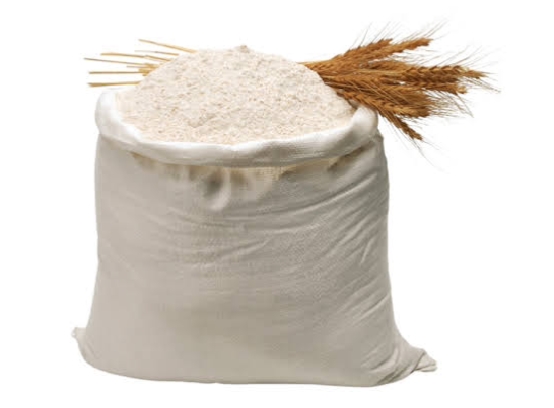The Punjab government has introduced a revised wheat supply and pricing policy aimed at stabilizing flour prices and ensuring fair distribution through a verified verification system.
Under the new policy, only those flour mills and chaki units whose electricity bills have been verified as being functional will be eligible to receive government wheat at Rs 3,000 per maund. Mills that are found to be inactive or non-functional will no longer be eligible for government wheat allocation.
The government has also announced new retail prices, with a 20-kg bag of flour priced at Rs 1,810 and a 10-kg bag priced at Rs 905. Along with this, the price of 100 grams of roti has been officially fixed at Rs 14 across Punjab.
Officials expect that the resumption of government wheat supply will also help restore the circulation of grains in the private sector, balancing demand and availability in the market. The Punjab government’s legal team has drafted an intra-court appeal, taking into account previous court observations, to smooth the rollout of this new system.
A spokesperson for the Punjab Food Department explained that the province will now operate under a hybrid supply model by combining government and private sources of wheat. It was revealed that millers and traders currently have millions of tonnes of wheat, which was earlier purchased from farmers at around Rs 2,000 per maund.
The government reiterated that Punjab has ample wheat reserves, ensuring consistent availability of flour across the province. Officials urged mill owners to fully cooperate with the new regulations to help maintain affordable flour and bread prices for the public.




